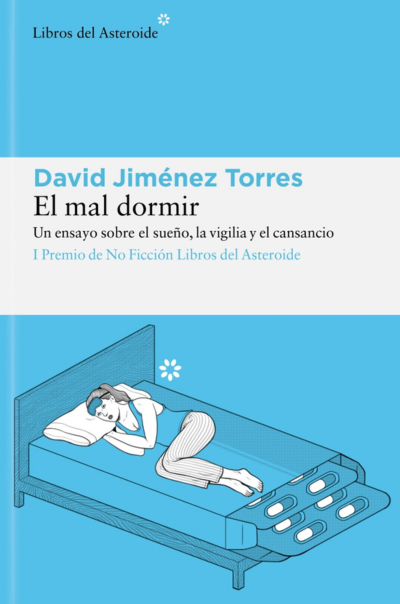The coronavirus hit in global tourism gets worse by the day. Whereas first estimates indicated that there would be over 75.2 million jobs lost in 2020, the World Tourism Organization now estimates that, at least, 100 million jobs are at risk. It still remains unknown how long this devastating impact of the pandemic will last. And what’s more pressing, how long will tourism-related businesses will hold? For global tourism will decline by 80 percent this year compared to 2019 and the situation is unbearable for most enterprises which, as it must be noted, are microbusinesses with hardly any financial muscle to resist much longer.
For its very nature, which consists of massive movements of people crossing borders, some say that international tourism will not be back on track until this situation is over. These are those who argue that nobody will be safe until everyone is safe. Contrary to these, others state that there is no need for such drama, as there are other less-drastic options available for most countries. Namely, exhaustive border-based health controls and quick Covid-19 tests that ensure that all those who enter a country are virus-free.
There is however, a third-way approach to restart the engine of global tourism, which is the creation of travel bubbles just like the one New Zealand and Australia are fully committed to fostering since last week. This would enable some countries to allow exchanges of people (tourists) although their borders remain shut to most foreigners, establishing a corridor that allows the quarantine-free flow of people between the two neighbours. This de facto discrimination is far from new although it will bring some criticism as it is always the case with border control and discrimination criteria. However, it is not only a logical way out of a full shutdown situation but also perfectly viable within international law. Countries have always discriminated among visitors by country of origin (e.g. existence or not of bilateral or international treaties), organisational affiliation (e.g. terrorist organisation), etc. And now they will do so based on biological factors or a combination between this criterion and some others, as country of origin and/or destination. That was the case when lockdown begun, with many countries such as the United States banning all visitors from places where the pandemic was rapidly spreading, and it should also be the case when lockdown ends.
Although there is no timeframe yet for the implementation of this Third Way, it seems to be one of the best ways forward for international tourism thus far, and more countries should begin to imitate it. As a matter of fact, beyond this trans-Tasman travel bubble between Australia and New Zealand, there is already a wider scheme in progress with Canada and some Asian economies to help supply chains and business travel. And that could become also available for tourism in the not too distant future.
If successful, the bubble would grow to include more countries that have a low number of cases or where the situation is under control and that would set the course for the path to new normality. And this ‘new’ shall be noted as despite this and other initiatives, experts warn that it could take years for international tourism to rise to pre-Covid-19 levels. And when it does so, we can be certain that it will not be the same ever again.






